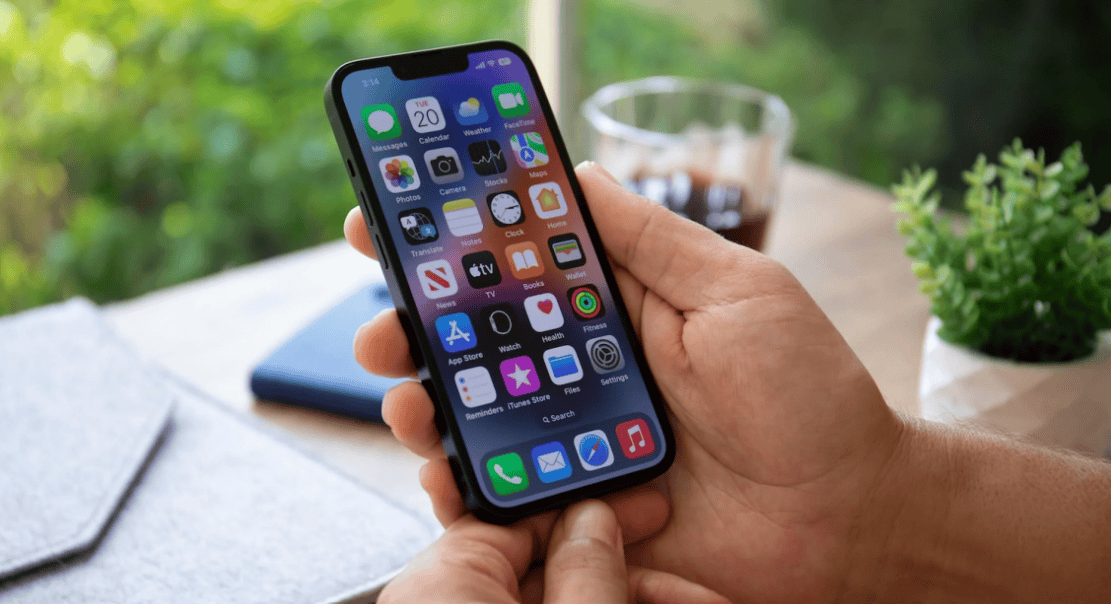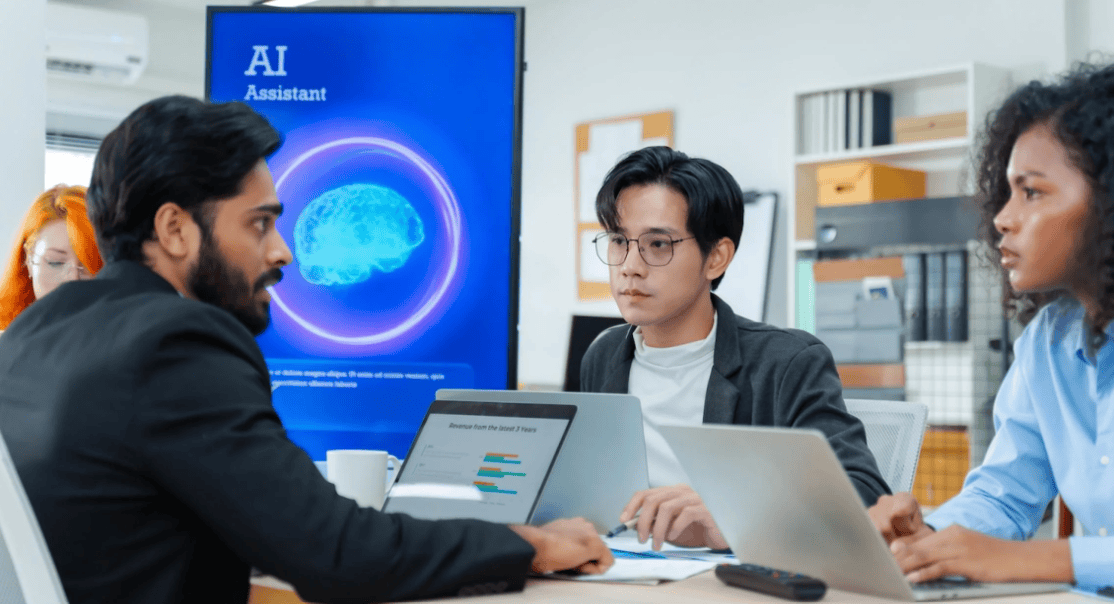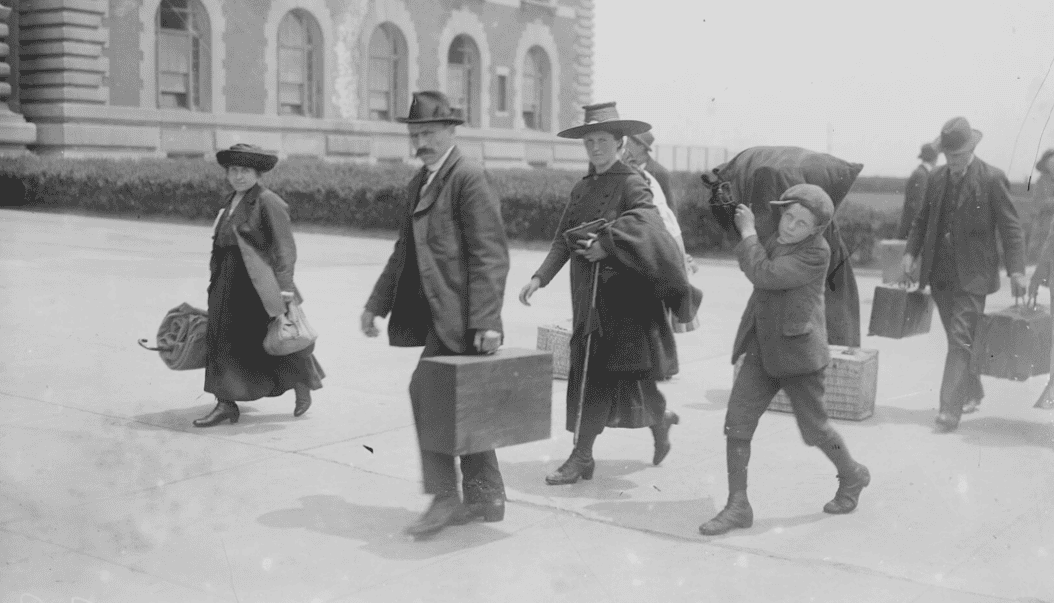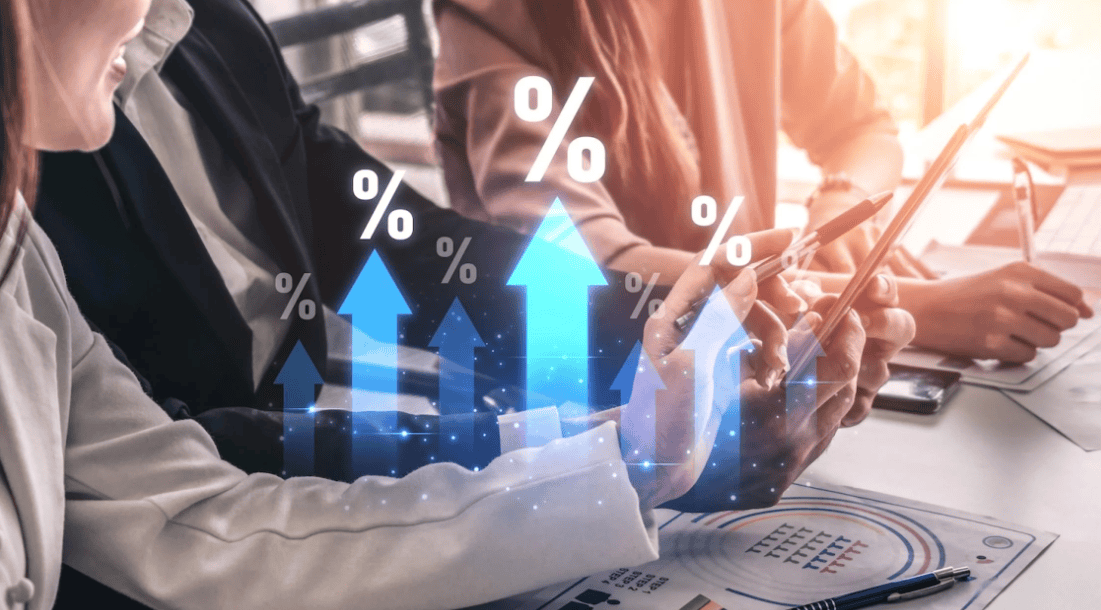Knowledge, especially practical, hands-on know-how, is essential for countries to tackle development challenges and to build resilience to disasters and shocks. One of the most effective ways to share this “how-to” knowledge is through peer-to-peer exchanges among policy makers and practitioners.
The challenge: Closing the disaster insurance gap
When natural disasters strike, many people and businesses in emerging economies lack insurance protection. This leaves governments to bear most of the costs. For example, in 2023, devastating earthquakes hit Morocco, Türkiye, and Syria, causing tragic loss of life and massive economic damage. The scale of losses showed that neither the public nor the private sector can manage these shocks alone.
The solution: Public-private insurance partnerships
In Morocco and Türkiye, public-private insurance partnerships (PPIPs) proved effective in offsetting some of the costs of the 2023 disasters. Several other countries have used PPIPs to expand access and improve affordability of comprehensive risk coverage. The question is: How can more countries adopt and scale up these partnerships?
Accelerating impact: The World Bank Group Academy’s new approach
To help countries quickly learn and implement proven solutions, the World Bank Group Academy launched a new slate of Impact Programs. One of the first, the Disaster Risk Finance Academy, focuses on affordable disaster risk insurance through PPIPs. Our goal with the Disaster Risk Finance Academy is to turn knowledge into action.
As part of this, in April 2025, over 50 participants from 14 countries in Europe, Central Asia, the Middle East, and North Africa gathered for a meeting of the Disaster Risk Finance Academy to share best practices and learn from each other. Those taking part included public officials, private sector leaders, and global experts, such as those from the Turkish Catastrophe Insurance Pool, the Insurance Development Forum, and leading local universities like Boğaziçi University and Istanbul Technical University.

Building a foundation for action
The Disaster Risk Finance Academy highlighted three key lessons for accelerating reforms and implementing PPIPs:
1. Learn from firsthand experience: Success requires close collaboration between public and private sectors, from policy design to payouts. Participants learned directly from those who built Morocco’s and Türkiye’s PPIP programs. Morocco’s model ensures no one is left uncovered, while Türkiye’s approach achieves scale and efficient payouts through compulsory, affordable insurance.
2. Focus on practical steps to scale solutions: The program provided step-by-step technical guidance for building PPIPs. Private sector experts shared practical examples of creating PPIPs for farmers, households, and businesses—including what didn’t work. The program also helped participants identify necessary changes to their current approach by developing concrete action plans tailored to their own countries.
3. Enable peer learning across borders: By bringing together countries with diverse experiences, the Academy fostered open exchange and collaboration between practitioners who do not often get to meet. Participants jointly explored both the technical “what” and the practical “how,” adapting solutions to their political and institutional contexts.
From knowledge to global impact
The immediate result of the program was that several countries committed to improving or implementing PPIPs. But the World Bank Group Academy’s support didn’t end after Istanbul. The Academy continues to support ongoing learning, working with interested countries on reforms, helping them monitor and evaluate results, and capturing that experience to share with other countries that participated.
Building on this momentum, we’ve already launched additional Impact Programs that are helping cities develop e-mobility solutions, advancing methods for growing the next generation of rice, and finding ways of delivering more and better jobs in developing countries. In each case, the World Bank Group Academy Impact Programs connect peers around the world to learn from practical global experiences and develop pragmatic local solutions.
Source : World Bank






































































